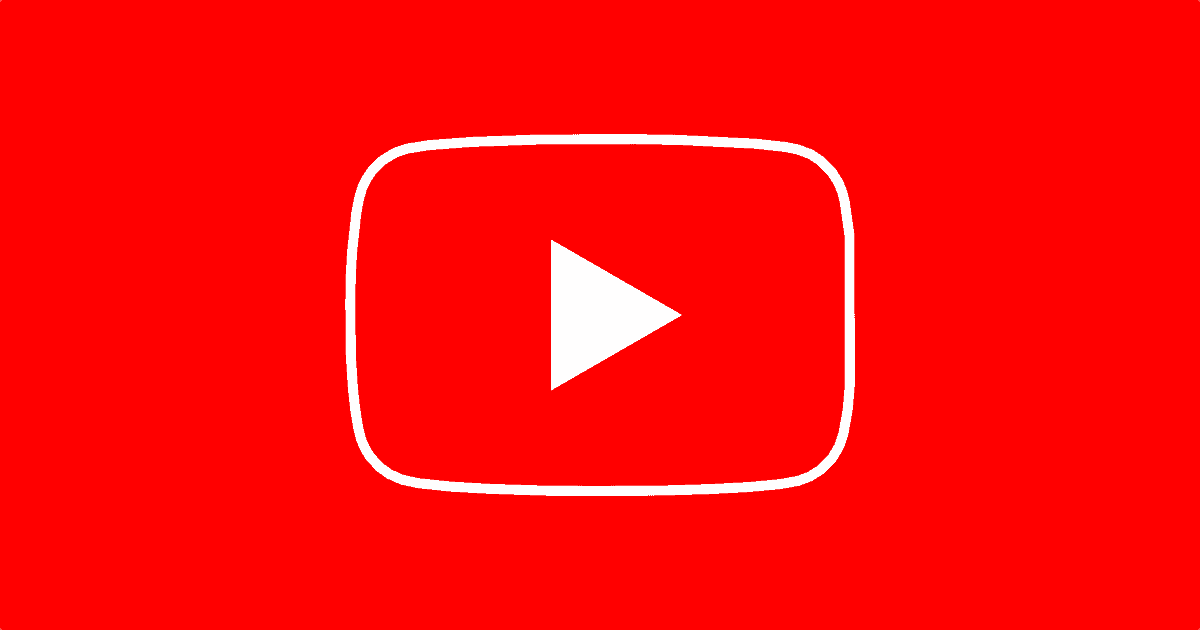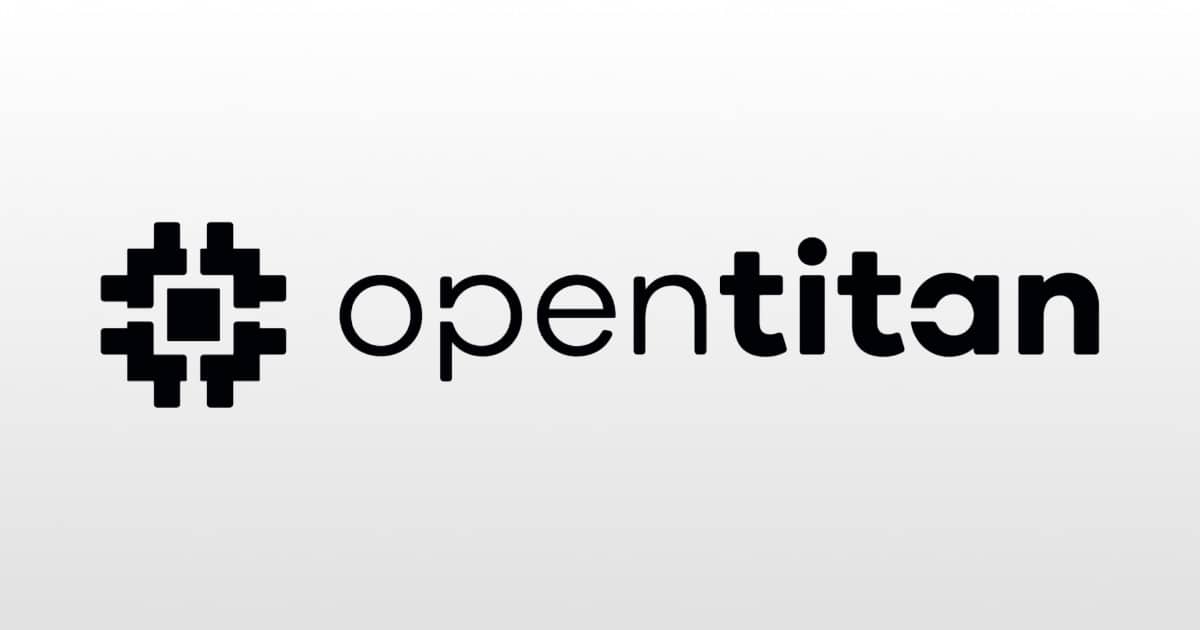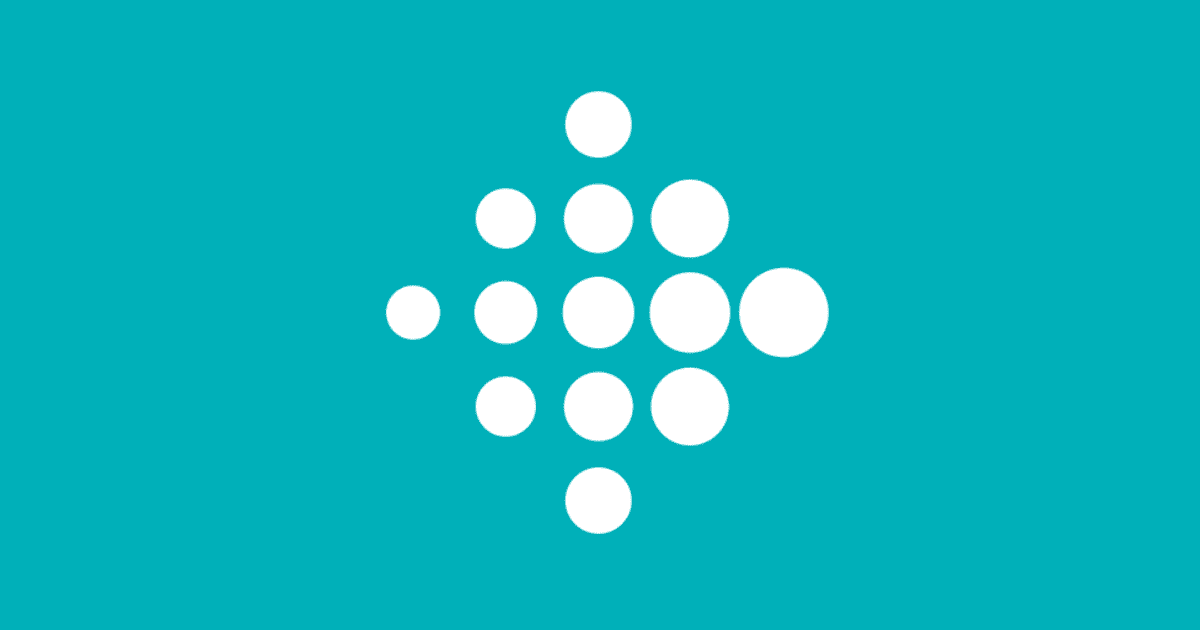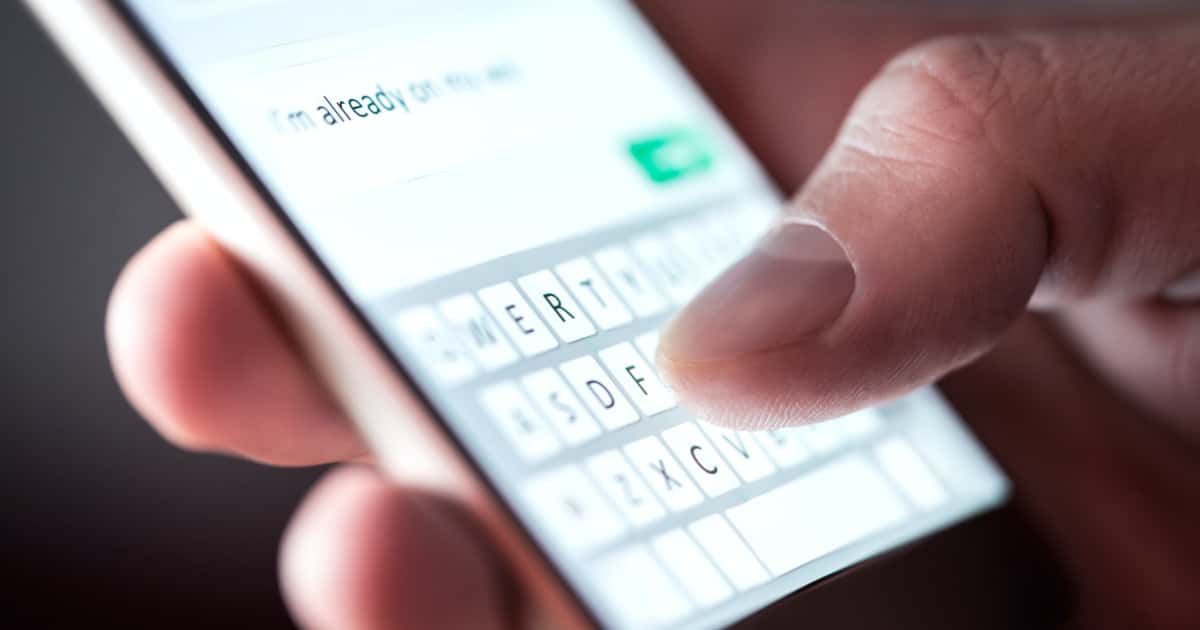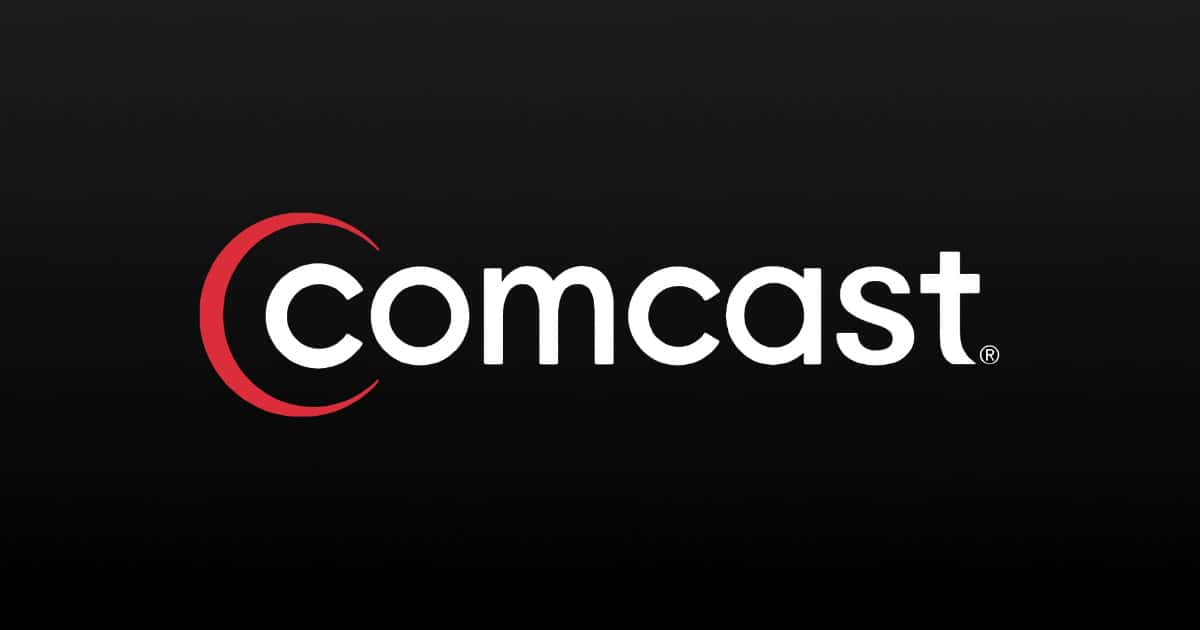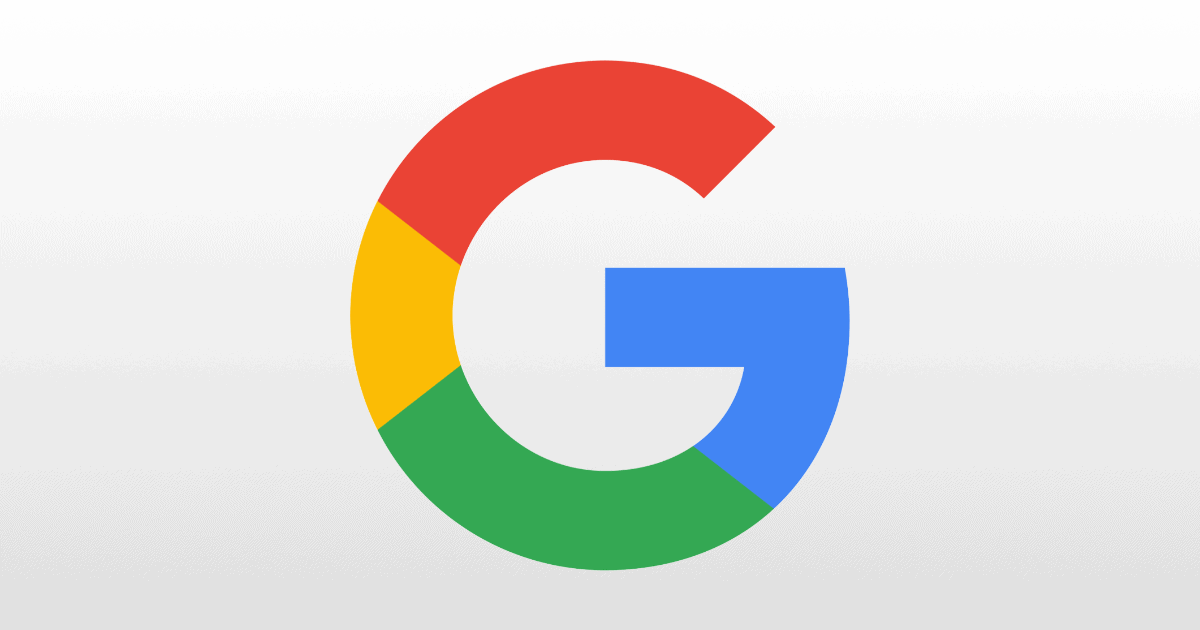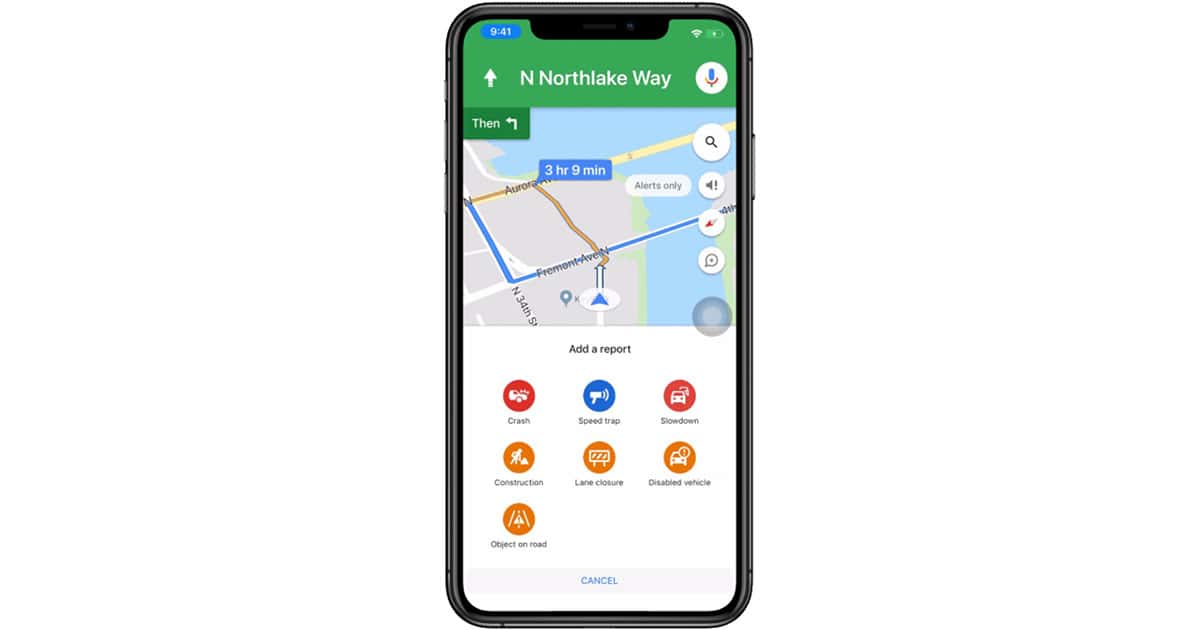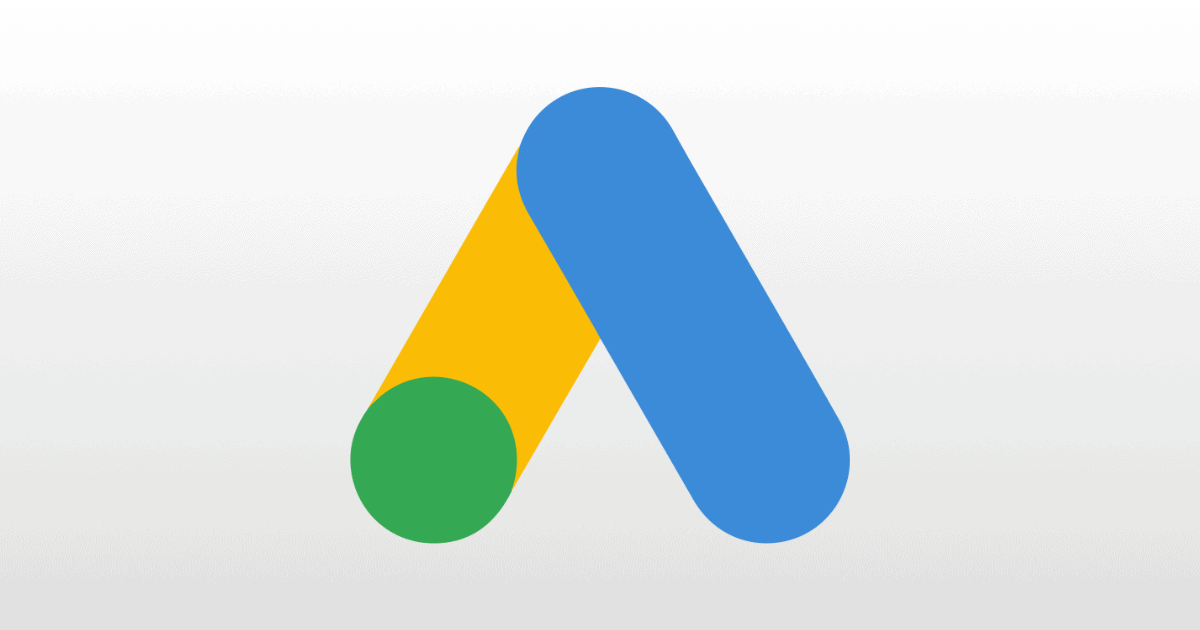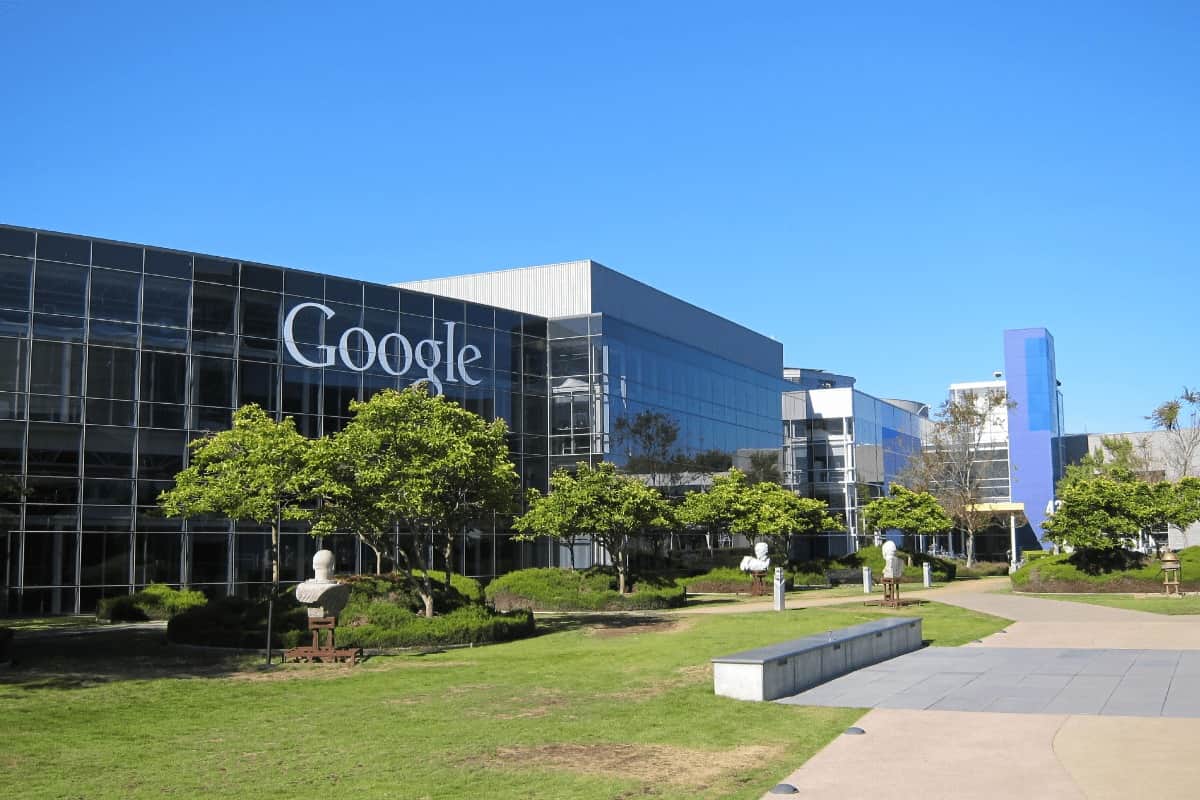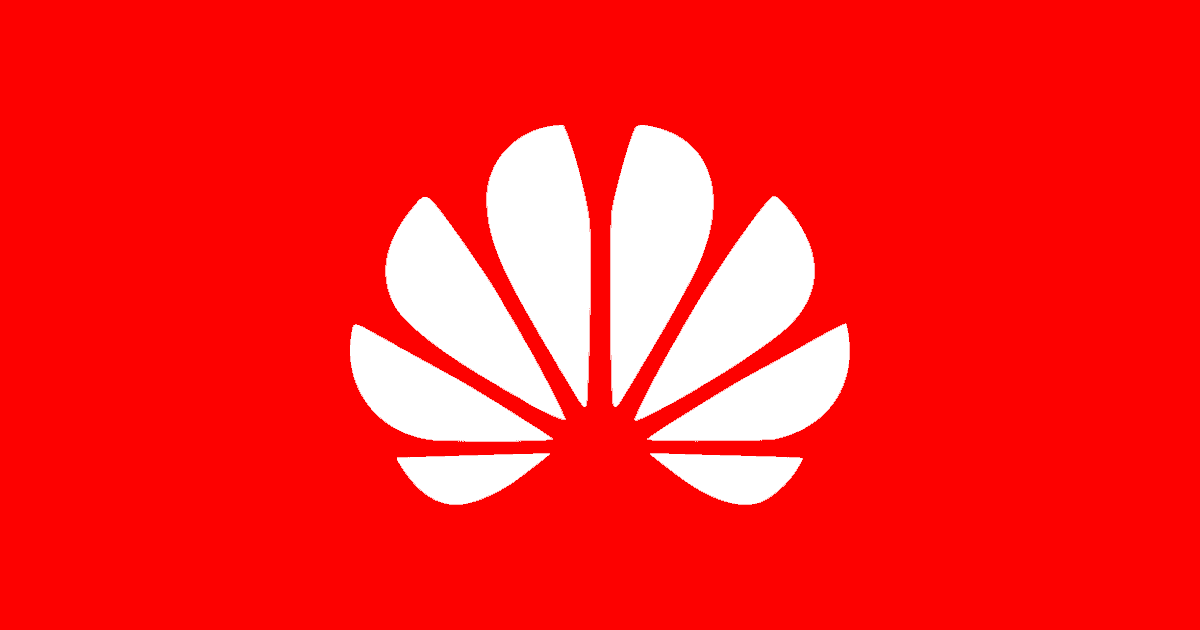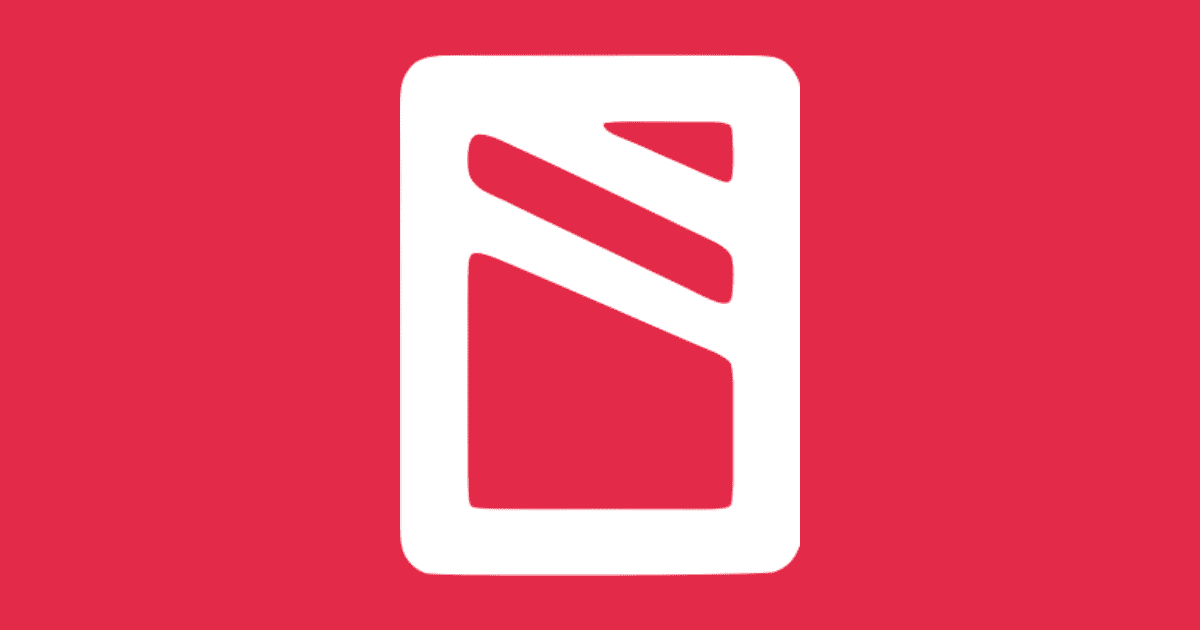According to YouTube’s new terms of service, your YouTube account can be terminated if it isn’t commercially viable enough. The phrasing is broad enough that some people think this means Google will take action against people using adblockers.
YouTube may terminate your access, or your Google account’s access to all or part of the Service if YouTube believes, in its sole discretion, that provision of the Service to you is no longer commercially viable.
I’m personally not sure if that’s the case. You don’t need a Google account to watch YouTube, nor does Google need you to have an account for it to track you.
